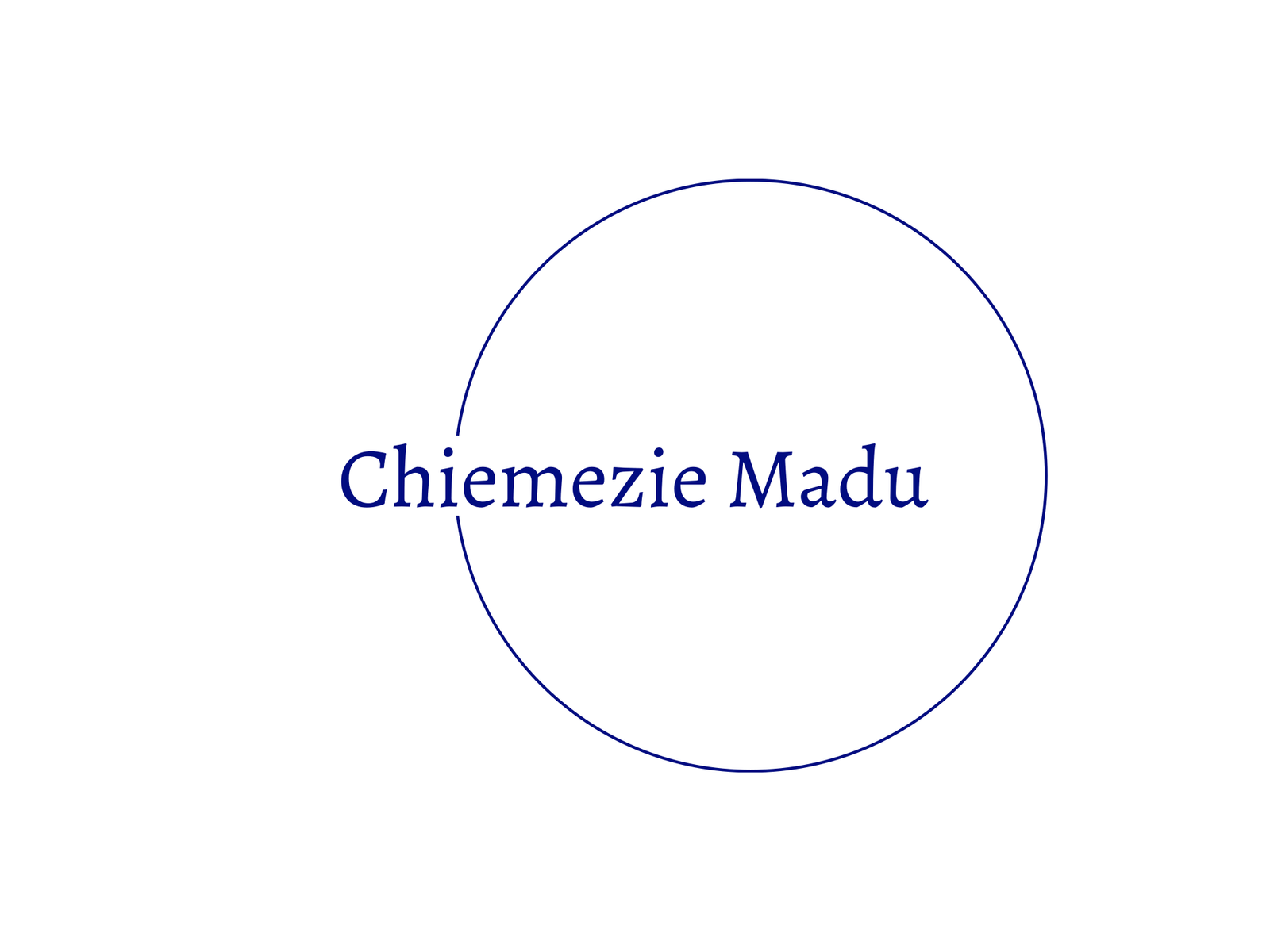Recently, I was asked if I often felt like I rushed to complete tasks, as if I was always racing against time. Many years ago, an old university classmate asked a similar question. He wondered if, just like him, I felt an extra hour should be added to each day to enable me meet up with my tasks. These questions stem from the all-too-well-known state of feeling overwhelmed with so much to do but too little time to do them. As I grow older, I find that this has become the order of my day.

What is baffling however is how ironical the concept of time could be. That is, how do we (arguably) have more time now (compared to say 20 years ago), yet achieve (or struggle to achieve) less. I will buttress this point using the evolution of technology.
In primary school I was taught that a machine is any thing that makes work easier and faster (hence saving time). Here I argue that we have not achieved more (if not achieved less) with the time machine/technology has saved us.
Take laundering for instance. Not too long ago, we spent the better part of our weekends sorting out our laundry. Hand-washing those white collars and scrubbing those denim trousers took all Saturday morning and afternoon. Ironing and putting away the clean clothes consumed much of our Sundays. The sight of the pile of clothes alone was enough to cause one palpitations.

And other house chores? Our evenings (all week) were spent ferrying gallons of water from the nearby commercial borehole (the only one in the neighborhood at the time) to the reservoirs in our veranda. Washing our parents’ cars took up the early hours before school, time that could have been spent studying. In the kitchen, the mortars and pestles were constantly busy pounding things that will now be pulverized in seconds by electric blenders. Assignments and projects took endless hours scouring through pages of huge textbooks, things a few clicks on the computer will do now.
I can go on and on. The pertinent question however, is what has happened to the time washing machines, private boreholes, electric blenders, microwaves, Zoom, Google search etcetera, has saved us? How were our parents and teachers able to reach the peak of their careers, amidst raising large families, with so much time constraint, yet being denied the luxury of the automated lifestyle we now enjoy?
Book/record keeping, accounting, data management, data analysis, research etc, were all paper-based then. Today, a few clicks on our laptops analyses data that would have taken weeks to do same in the past. But they did it and went on to become renowned professors and scholars, with groundbreaking research and numerous publications to their names.

One might argue, or perhaps ask, if the current generation has actually underachieved. Comparatively speaking and taking the availability of time into context, I would lean towards the affirmative. In the least, I don’t think we have overachieved. Examination results at all levels are no better, if not poorer. You only have to look around you to compare JAMB and WAEC results then and now (think of your younger ‘Gen Z’ cousins). I don’t think we have a surplus of professors and consultants now either. In fact, some specialties have shrunken due to paucity of specialists. There are only about 70 neurosurgeons in all of Nigeria! Is there a plethora of inventive research now per se? I don’t think so. The last new class of antibiotic was discovered in 1987. That is well over 3 decades ago!

The younger ones read fewer books now. The libraries are empty (well, you could argue that people use their laptops now). Reflect on your personal journey thus far and see if you have achieved more than your predecessors. Are we doing better research now? Have you published more? Have you read more or written more books? Are your grades and exam scores better? Have you attended more conferences?
So why do we apparently have more time, but have achieved less? The answer is in your pocket, or perhaps on your palm: mobile phones and social media. I cannot think of any other reason why we cannot account for the time tech has saved us; time that is now unfortunately lost poring endlessly (and mostly aimlessly) through social media. We are all addicted, I dare say. How many can still study for 4 uninterrupted hours without having a peek at their phone? We often wonder if it is because our brains now function at a reduced capacity for new learning due to aging. But it isn’t our brains. It is our attention that has been stolen.

In his book, The Attention Merchants, Tim Wu asks, ‘How often have you sat down with a plan, say, to write an email or buy one thing online, only to find yourself, hours later, wondering what happened?’ And I also ask, how often have you woken from sleep and tried to have a quick read of your WhatsApp messages, only to ask yourself hours later, what happened?


Time is never enough. I guess it’s the management of it that counts
Great piece! I agree 💯. I actually had to stay off most social media platform yet I find myself whiling away time on WhatsApp.